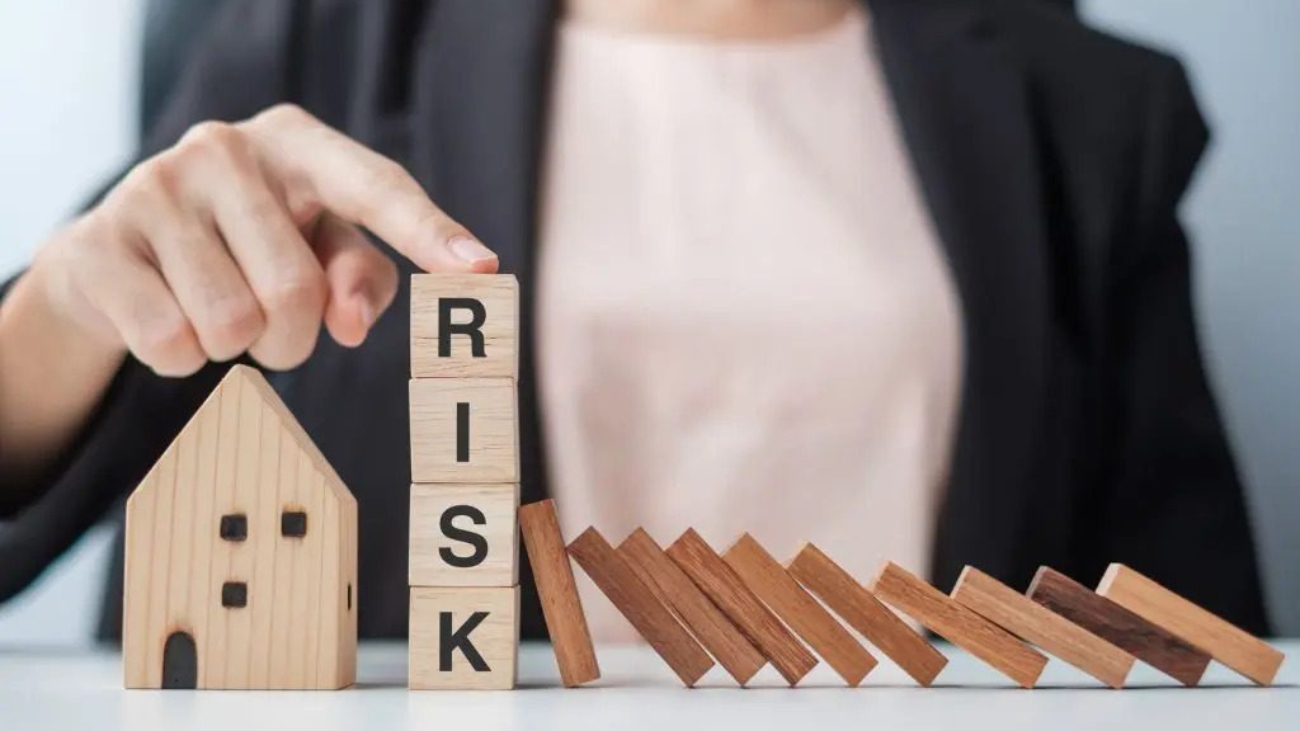Financial emergencies can happen to anyone at any time and when you least expect it and in no time they can quickly spiral out of control.
Such emergencies can be the result of a job loss, a health or medical emergency, unexpected bills, etc.
Just the thought of being hit with an unexpected medical bill or suddenly losing your job, can be very nerve-wracking and without an emergency fund, these situations can easily turn into a financial catastrophe.
Emergency funds: You need it when you least expect it
An emergency fund should be one of your most important financial goals and something that you need to do right away.
Make no mistake, it’s not just about saving up for a vacation or buying a house, but rather having a stash of cash handy at all times to help deal with unexpected short-term financial needs such as paying bills and credit card debt.
A recent survey found that only 53% of Australians have enough savings to cover an unexpected expense of $2,000, while 25% have less than $1,000 in savings.
Imagine being hit with an unexpected medical bill or suddenly losing your job. Without an emergency fund, these situations can easily turn into a financial catastrophe.
Without an emergency fund, financial emergencies can quickly become overwhelming.
In Australia, a lack of emergency funds is a common problem that can lead to people resorting to credit cards, personal loans, or even payday loans.
These options can lead to debt and high-interest rates, making it difficult to get back on track.
A recent example of this is the COVID-19 pandemic, which has affected many Australians.
According to the Australian Bureau of Statistics, the unemployment rate rose from 5.2% in March 2020 to 7.5% in July 2020.
Many Australians were left struggling to make ends meet, and those without an emergency fund had to rely on government assistance or high-interest loans to survive.
In another case, a man in his mid-30s lost his job unexpectedly and was unable to secure a new one for several months.
He had no emergency fund, and his credit card debt quickly spiraled out of control. He was forced to sell his car and downsize his living arrangements to get back on track.
What you need to consider for your emergency fund
A good emergency fund is one of the most important financial goals that we can set for ourselves. It’s useful for many reasons, including:
- Protecting yourself from unforeseen expenses and emergencies such as car repair and medical bills.
- Having enough money to cover short-term expenses such as rent or mortgage payments when you’re not able to work due to injury or illness
- Making sure you have enough cash on hand in case your regular paychecks stop coming – this can happen if you lose your job unexpectedly
However, it’s unlikely that this will happen often enough for an emergency fund to be essential in all situations where an unexpected loss in income could occur.
Emergency funds also help keep you from losing sleep over late payments or checks bouncing back because they were written before there was enough money available in your checking account (or savings account).
If this happens regularly enough during periods when cash flow isn’t ideal due to slow work hours or other factors beyond anyone’s control (such as weather events), then having an emergency fund will allow these situations not only be avoided but also dealt with quickly instead of causing stress over multiple days’ worth of missed payments at once!
Start investing in your emergency fund early
Building up a significant savings account over time is possible with the proper discipline and planning but this will require saving at least 10% of your income every month in order to have enough cash flow.
Having an emergency fund can help ensure that everyone has enough money in their pockets when they need it most—to pay bills or buy food while they wait out a typhoon outside their home (or worse), which may include losing power due to an outage caused by extreme weather conditions such as a bush fire or damaged power lines.
With an emergency fund, you are in a good position to avoid catastrophic financial mistakes. Here are some tips for building and maintaining an emergency fund:
Set a realistic savings goal
Start by setting a savings goal that is achievable.
A great example to follow is aiming for three to six months’ worth of living expenses.
Create a budget
Creating a budget will help you track your expenses and identify areas where you can cut back to save money.
Automate your savings
Set up an automatic savings plan to make sure that a portion of your income goes directly into your emergency fund.
Keep your emergency fund separate
Keep your emergency fund in a separate account to avoid spending it on non-emergency expenses.
Revisit and update your emergency fund
Revisit your emergency fund regularly and update it as needed to ensure that it remains sufficient to cover your expenses.
Conclusion
Avoiding catastrophic financial mistakes is essential, and having an emergency fund is the best way to do so.
Without an emergency fund, financial emergencies can quickly spiral out of control, leading to debt and high-interest rates.
By setting a savings goal, creating a budget, automating your savings, keeping your emergency fund separate, and revisiting and updating it regularly, you can protect yourself from financial catastrophe.

